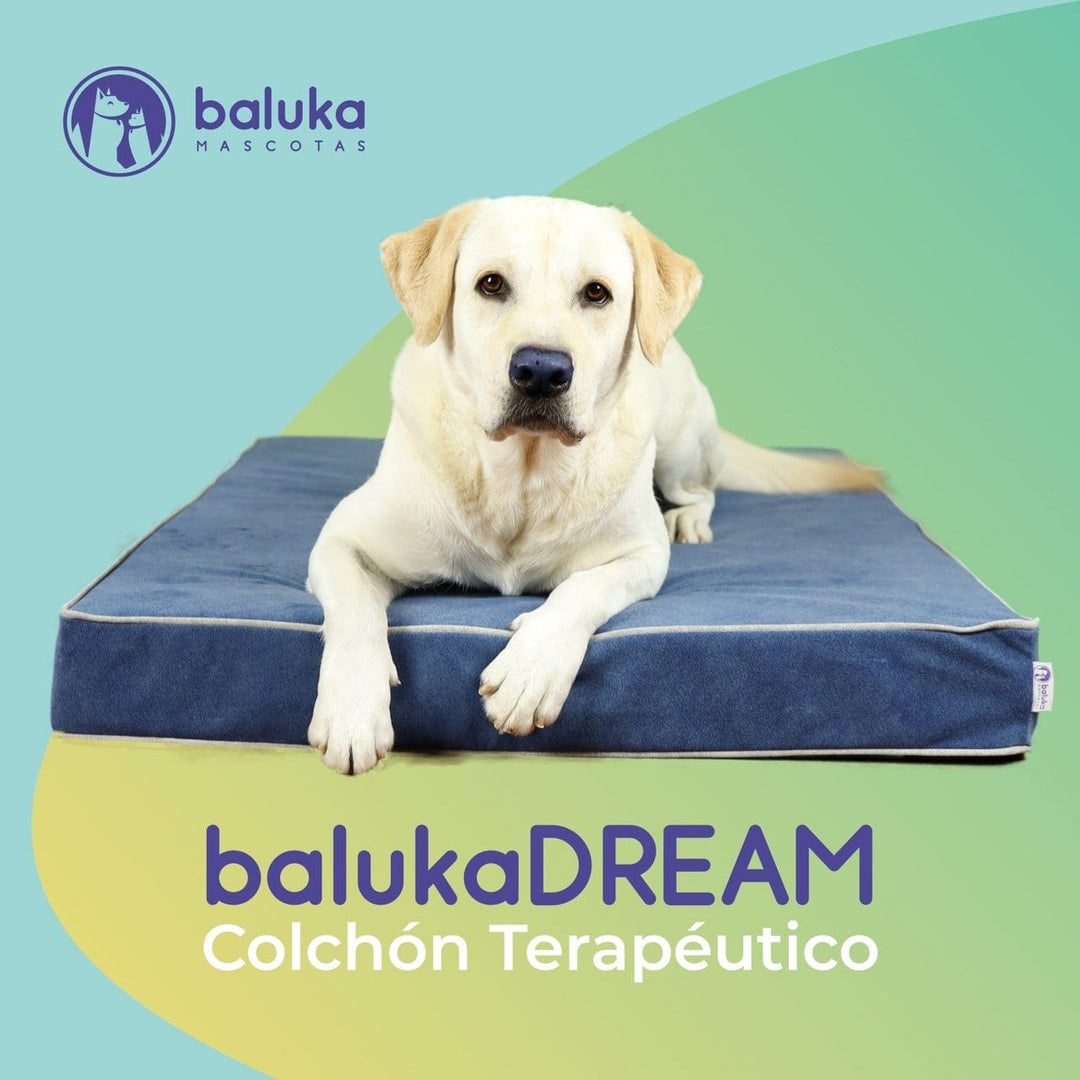We have noticed that our dog is doing better than ever because we are supplementing his food with a vitamin supplement for dogs. How do you see yours? Does he have energy and a nice coat? If not, maybe you should check his diet.
Do you know what vitamins dogs need? We explain what they are and how to introduce them naturally in their diet.
What vitamins do dogs need?
Vitamin A
The intake of vitamin A (retinol) is essential during the puppy's growth phase, as it contributes to cell differentiation. When a dog is more adult, taking vitamin A will slow down its aging.
It is also very important for the eyesight of our best friends; additionally, it repairs and protects the tissues of the skin, coat and mucous membranes.
It has antioxidant effects, helps the immune system to prevent diseases, and plays an important role in the renal and reproductive systems.
It is a fat-soluble vitamin, which means that it dissolves in fats, such as D, E or K. Dogs store these vitamins in the liver and expel the leftovers by "doing their business".
Vitamin B
Vitamin B belongs to the group of water-soluble vitamins, i.e. those that dissolve in water. The intake of vitamin B also strengthens the immune system of our dogs, and helps them to maintain a good general state of health.
Its antioxidant properties also contribute to slowing down aging, as does vitamin A. In addition, it is beneficial for metabolism (it helps them to better absorb nutrients from food).
The importance of vitamin B in our best friends is understood when they are vomiting or have diarrhea - the risk of dehydration is real, and their life will be in danger! Taking vitamin B helps to restore the lost balance.
And here we are going to highlight one of this group: biotin or vitamin H which, despite its name, is also from the B group. Why do we highlight it?
Because it is one of the vitamins that most help our dogs to have a high quality coat and skin. This vitamin promotes cell differentiation, just like vitamin A, and helps the regeneration of the outermost layers of their skin.
Vitamin C
Vitamin C is very important for our furry friends because of its antioxidant properties, among its many benefits.
But do you know what vitamin C is good for dogs? Well, it helps their bodies build muscle, form blood vessels and strengthen their bones and teeth.
For example, it promotes the production of collagen, which is very important to prevent joint ailments such as arthritis or hip dysplasia. Collagen slows cartilage degeneration.
Vitamin D
We have to tell you that vitamin D is only beneficial for dogs if it is administered in adequate doses. Many cases of hypervitaminosis have been documented in dogs, because vitamin D is toxic in excess!
However, when the dog ingests the right amounts of vitamin D, the first beneficiaries will be his bones thanks to the help of calcium absorption.
At the same time, vitamin D will help our best friends in cases of intestinal inflammation, cardiovascular and even to prevent the appearance of tumors.
Natural Anti-inflammatory For Dogs and Cats
A plus of VITality
The VITamins your pet needs
Turmeric as a natural anti-inflammatory for dogs
How to choose vitamins for your dog and introduce them in his diet
Now that you know what vitamins you can give to a dog, it is important that we clarify that some must ingest them and others produce them on their own. Let's see:
- Vitamin A is usually found in the form of carotene, a pigment in vegetables. When ingested, the dog's intestine transforms it and extracts the vitamin.
- Eggs, pork or poultry meats, fish such as sardines and cereals are examples of natural sources of vitamin B.
- As for biotin, it is true that dogs can produce it on their own thanks to bacteria in their intestines, but if you are giving them an antibiotic to treat an infectious disease, they will not be producing vitamin H.
- Dogs can also generate vitamin C on their own, as it can be found in the form of ascorbic acid (present in glucose). However, the amount generated will not always be sufficient, and it will be important to supplement vitamin C intake by giving him some fruits and vegetables that he can eat.
- Natural sources of vitamin D are usually limited to white fish and oily fish and, of course, sunbathing, as it is absorbed through the skin. However, studies suggest that these sources of vitamin D alone are not sufficient.
Have you noted which vitamins dogs need? The ones we've discussed in this list are some of the most important, and all of them are found in the vitamin complex balukaVIT Baluka vitamin complex. This food supplement is rich in these vitamins, essential amino acids and turmeric, a potent anti-inflammatory - our dog has everything he needs thanks to having supported his diet with this supplement!

















